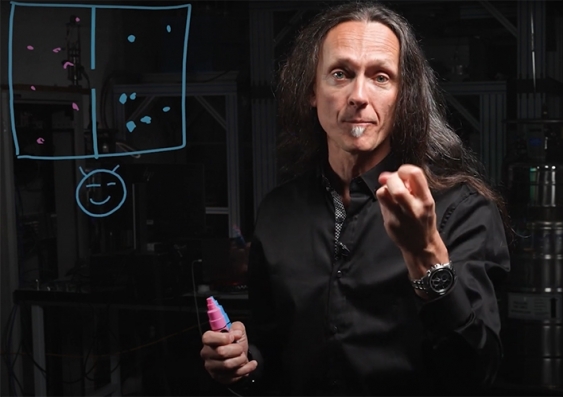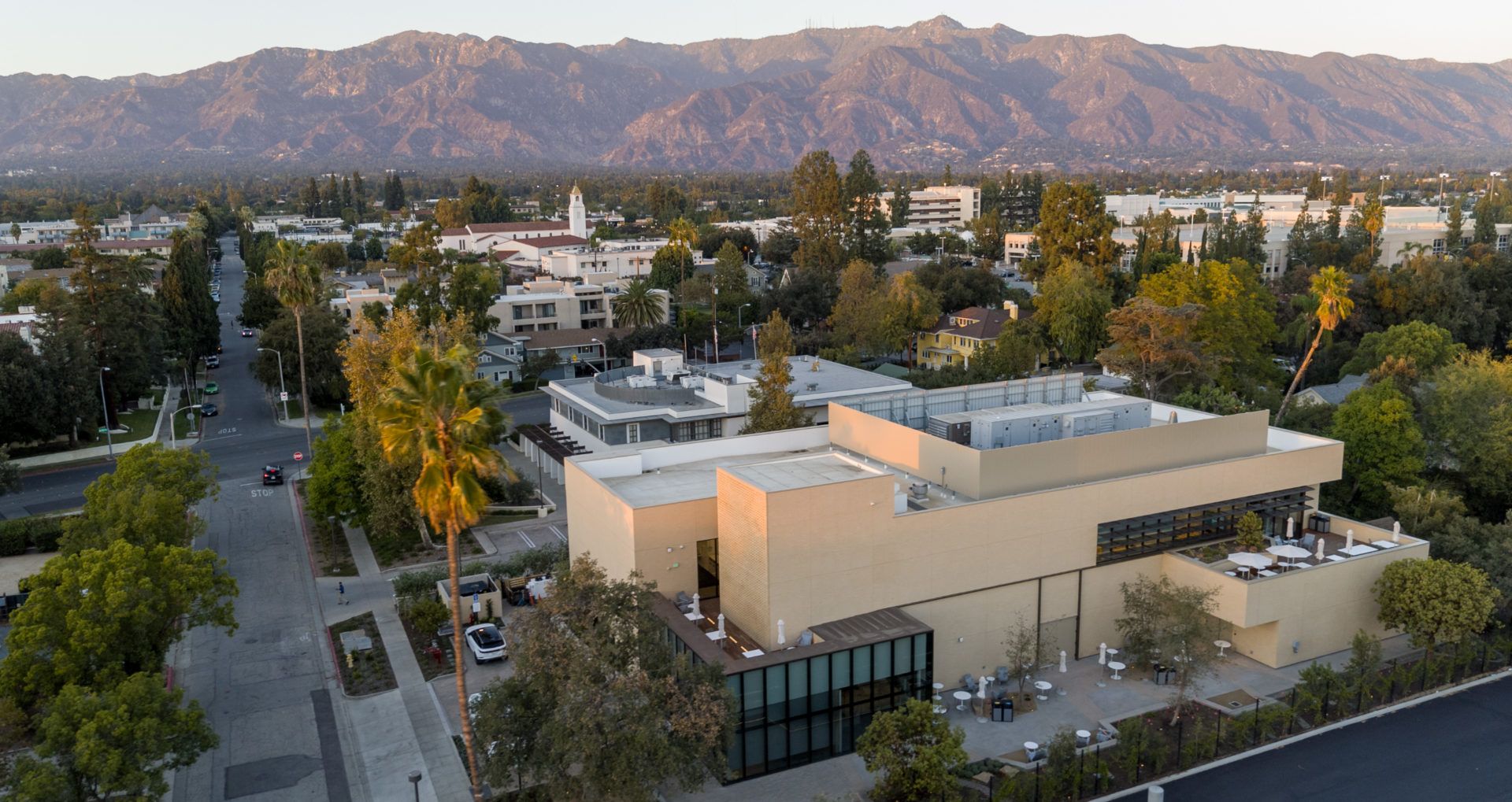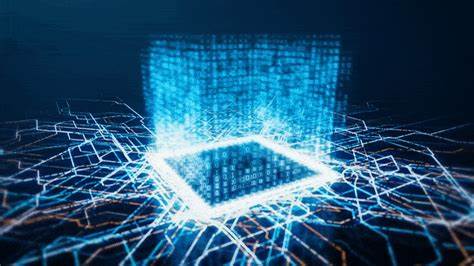A team of quantum engineers at UNSW Sydney has developed a method to reset a quantum computer — that is, to prepare a quantum bit in the ‘0’ state — with very high confidence, as needed for reliable quantum computations. The method is surprisingly simple: it is related to the old concept of ‘Maxwell’s demon’, an omniscient being that can separate a gas into hot and cold by watching the speed of the individual molecules.
Prof. Morello’s team has pioneered the use of electron spins in silicon to encode and manipulate quantum information, and demonstrated record-high fidelity — that is, very low probability of errors — in performing quantum operations. The last remaining hurdle for efficient quantum computations with electrons was the fidelity of preparing the electron in a known state as the starting point of the calculation.
“The normal way to prepare the quantum state of an electron is go to extremely low temperatures, close to absolute zero, and hope that the electrons all relax to the low-energy ‘0’ state,” explains Dr Mark Johnson, the lead experimental author on the paper. “Unfortunately, even using the most powerful refrigerators, we still had a 20 per cent chance of preparing the electron in the ‘1’ state by mistake. That was not acceptable, we had to do better than that.”
Dr Johnson, a UNSW graduate in Electrical Engineering, decided to use a very fast digital measurement instrument to ‘watch’ the state of the electron, and use real-time decision-making processor within the instrument to decide whether to keep that electron and use it for further computations. The effect of this process was to reduce the probability of error from 20 per cent to 1 per cent.
The research was published in Physical Review X
Reference: Mark A. I. Johnson, Mateusz T. Mądzik, Fay E. Hudson, Kohei M. Itoh, Alexander M. Jakob, David N. Jamieson, Andrew Dzurak, Andrea Morello. Beating the Thermal Limit of Qubit Initialization with a Bayesian Maxwell’s Demon. Physical Review X, 2022; 12 (4) DOI: 10.1103/PhysRevX.12.041008



